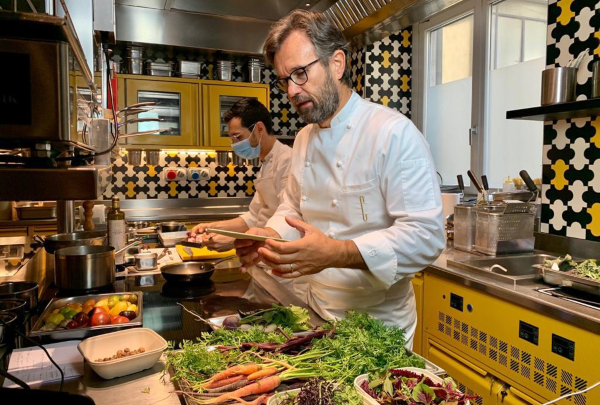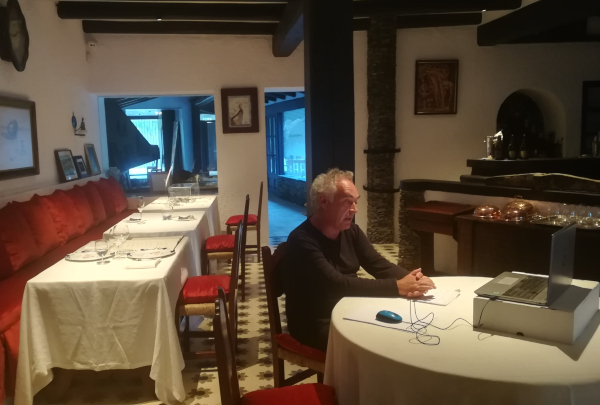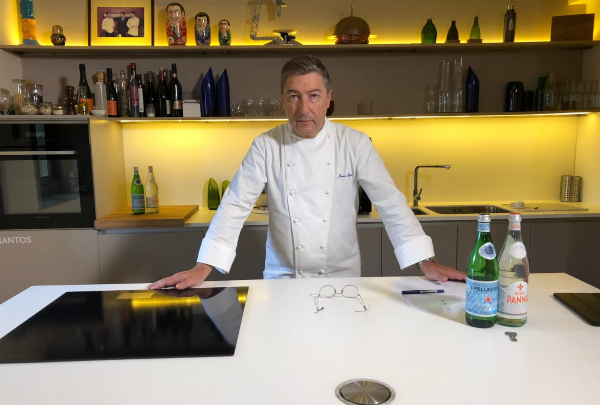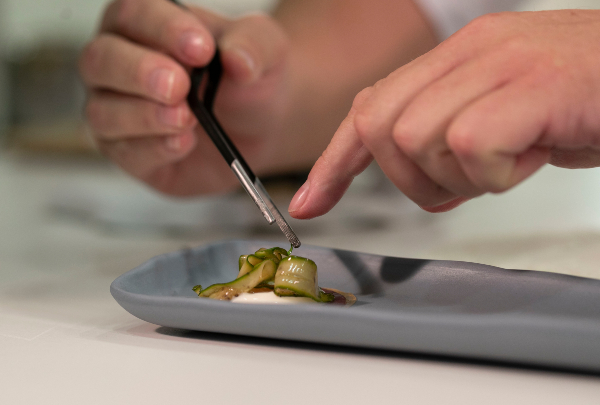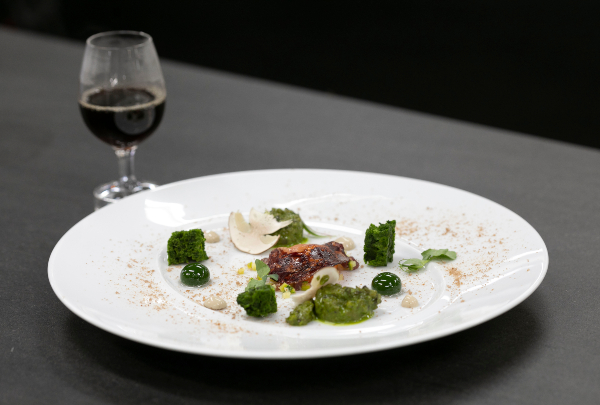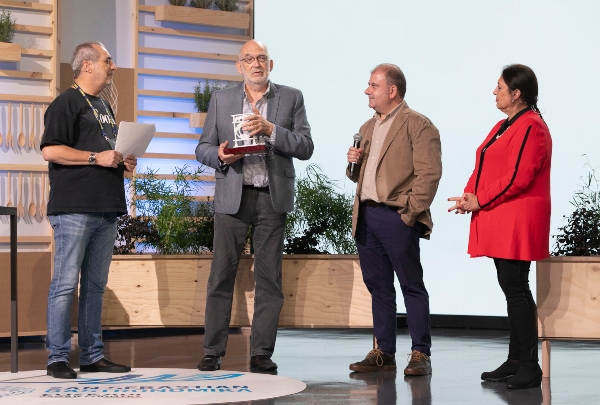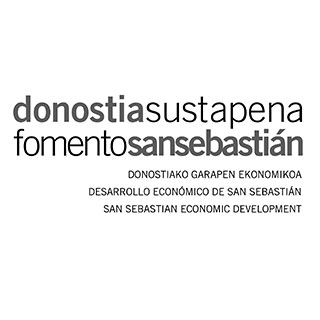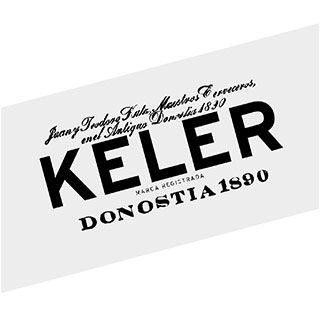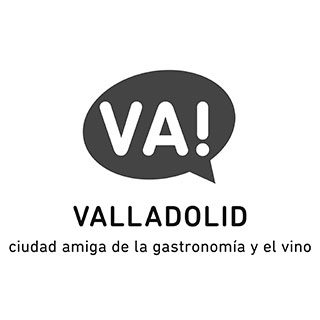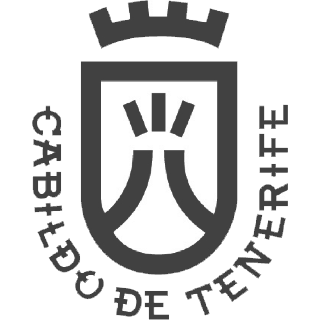News
Second day at Gastronomika 2020. Chefs who come down from the pedestal
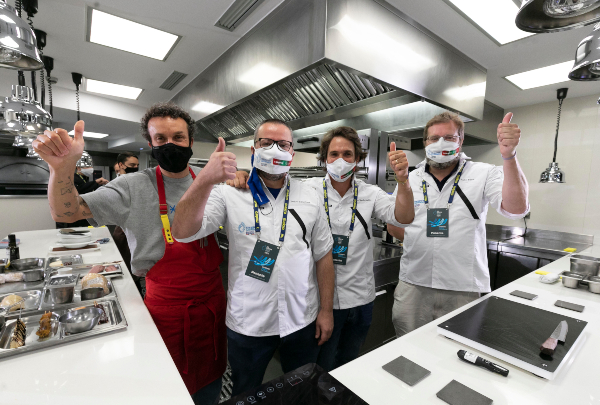
Gastronomika gives a voice to craftspeople of a cuisine, that is immediate and respectful with the product, served in informal spaces at reasonable prices.
“Let’s not all lose track, what we do is no more than giving people food to eat”. These are words pronounced by Carlos Torres, chef of La Buena Vida restaurant, in the documentary presented yesterday on the second day of San Sebastián Gastronomika – Euskadi Basque Country, dedicated to portraying a group of chefs determined to coming down from the pedestal and looking into the eyes of their customers again. A handful of unconventional craftspeople -Pedrito Sánchez, Rafa Peña, Nino Redruello, Iván Domínguez or Andreu Genestra, among others- who do not give into the strict dictums of ‘fine dining’ which the conference brought together in the restaurant of another professional accustomed to breaking down stereotypes, Andoni Luis Aduriz.
It would be impossible to define a trend or a specific model, each one of these professionals who visited Gastronomika throughout the day is the result of different interests. Neither can we talk about a typology of restaurants, what has Fismuler, which serves 140 meals in a noisy establishment in down town Madrid, have to do with Bagá which hardly sits 15 diners? What they do have in common is that in all of them the protagonist who makes the decisions is not so much the chef but the customer. “People don’t come to acquaint themselves with Fismuler, they come to meet each other”, points out Nino Redruello, that’s why the waiters never interrupt a conversation in his restaurant to explain a dish, even if it’s as dazzling as his sea anemone omelette.
We’re talking about chefs who “don’t usually attend congresses, quite possibly because they’re cooking”, Benjamín Lana slips in with a little irony, commissioner of the event. Neither are they seen excessively in the media, nor do they have any advisory contracts for hotel chains or major brands -although some have been tempted to do so- because they consider that it distracts them from their profession. They enjoy spending hours in front of the stove while shying away from precision and perfectionism which has traditionally been the trademark of haute cuisine. “I haven’t read a recipe in my life”, boasted Pedrito Sánchez.
His pantry does not hoard lavish products, he just follows the rhythm of the seasons and listens to the stories of his local producers. When at the stove, there’s more “turning of the wrist” as Jordi Vilà says, than somersaults. This cooking and selling philosophy, enables them to cut costs and charge a reasonable bill, albeit we’re not talking about cheap restaurants. Most of them have done away with tasting menus. This enables them to demonstrate their flexibility with which they use to win over a regular clientele. “There are people who come to dine four days a week, I can’t offer them red meat every day, at the end of the day their health is in my hands”, explained César Martín, the chef of Lakasa. The biggest luxury his restaurants offer is knowing the chef is cooking for you.
Opening up the doors of his restaurant to all of them is another loose verse such as Andoni Luis Aduriz, capable of stating unashamedly that “he has few traces as a chef” and his work has more to do with the constant conflict of an artist. It was no accident he was accompanied during his presentation at the table in Mugaritz, by the author Harkaitz Cano and the painter and sculptor Manu Muniategiandikoetxea, both friends and collaborators of his establishment. During this deep mealtime conversation to which we congress attendees were invited he literally broke the ice to fish an oyster in a bucket and ended up French kissing a cushion of frozen water impregnated with crab. Matters of contemporary art.
This day of outlier chefs was closed by the master Hilario Arbelaitz, always loyal to “a natural, seasonal cuisine”, that has leisurely evolved from the legacy he received from his mother. The chef of Zuberoa can also be considered unconventional, because he didn’t lose the plot when everyone else did.
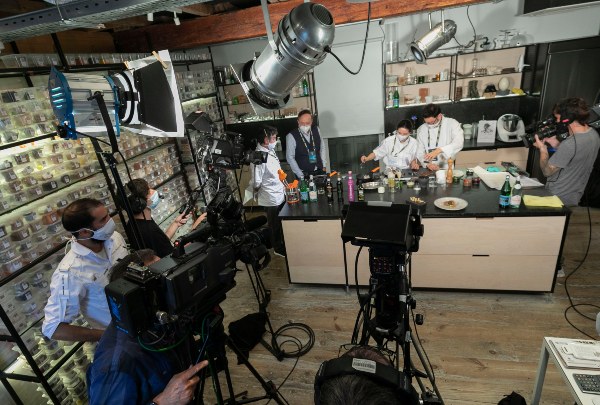
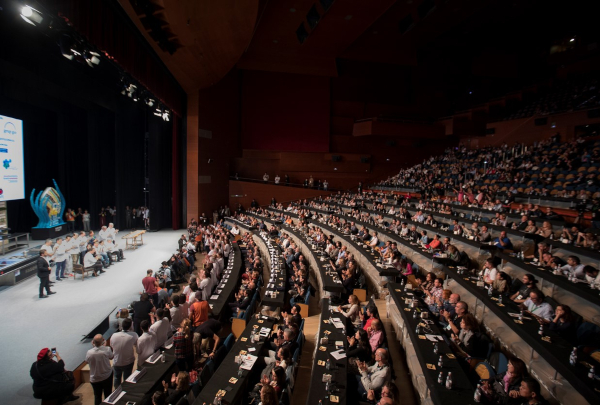
.jpg)
